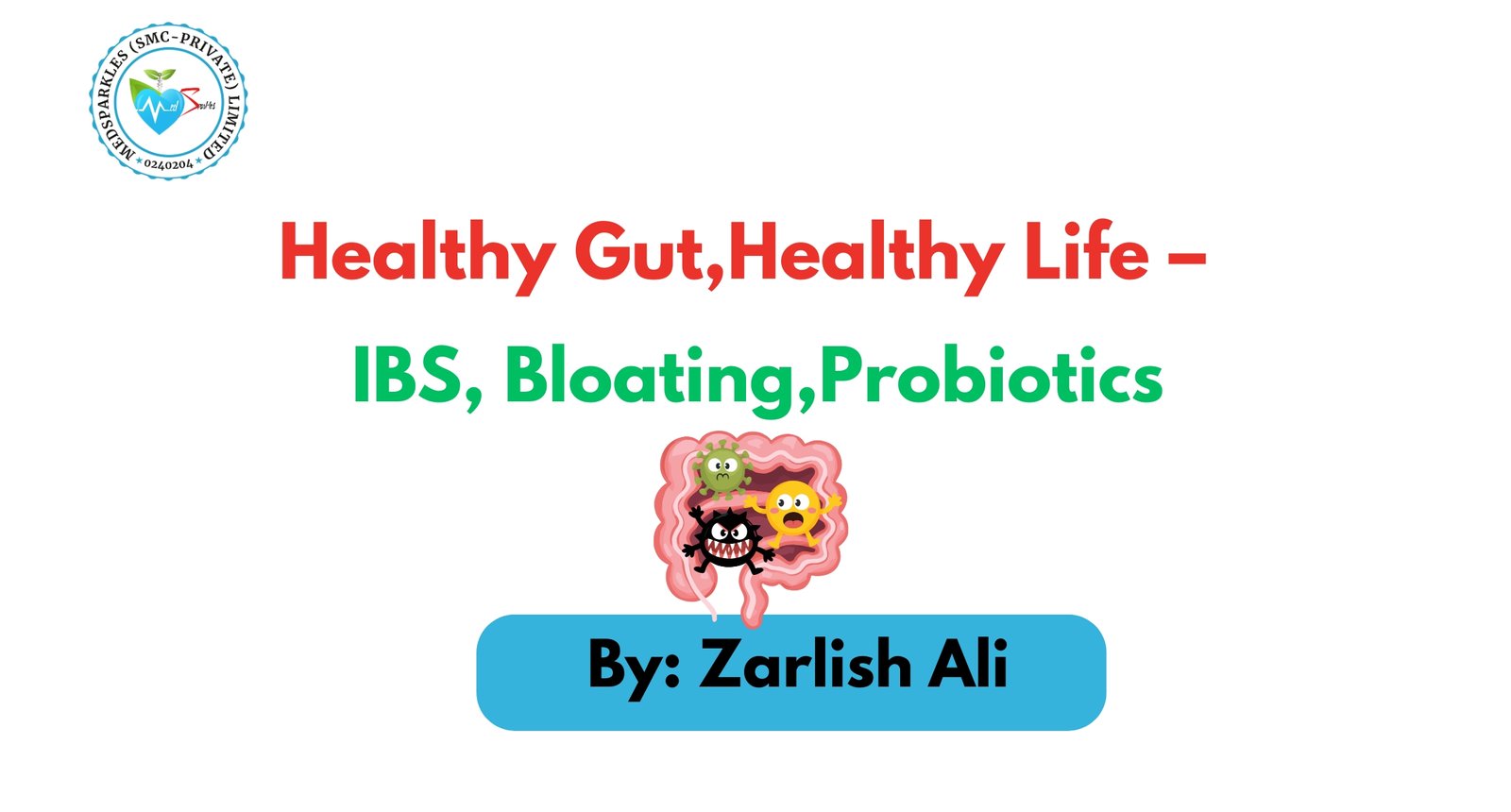Introduction:
What are Dietary Supplements?
These are the products intended to provide nutrients that may be missing or insufficient in a person’s daily routine diet. These products can include vitamins, minerals, amino acids, herbs, botanicals, enzymes, and other substances. Dietary supplements come in various forms, such as pills, capsules, tablets, liquids, powders, and even energy bars.

Here are the main categories of dietary supplements:
Vitamins: Essential organic compounds that the body needs in small amounts for various physiological functions. Examples include vitamin C, vitamin D, vitamin E, and the B-vitamins.
•
Minerals: Inorganic elements necessary for the proper functioning of various bodily processes. Common minerals include calcium, iron, magnesium, zinc, and potassium.
•
Amino Acids: Building blocks of proteins. Essential amino acids cannot be produced by the body and must be obtained through the diet or supplements.
•
Herbal and Botanical Supplements: Products derived from plants, including herbs, roots, leaves, and other plant parts. Examples include ginseng, echinacea, and turmeric.
•
Enzymes: Proteins that facilitate biochemical reactions in the body. Some people take enzyme supplements to aid digestion or address specific health concerns.
•
Fish Oils and Omega-3 Fatty Acids: Often taken for their potential cardiovascular and cognitive benefits. Fish oil supplements typically contain omega-3 fatty acids.
•
Probiotics: Live microorganisms, usually bacteria, that are believed to provide health benefits by promoting a balanced gut microbiome. They are often used to support digestive health.
•
Multivitamins: Combination supplements that contain a variety of vitamins and minerals. They are designed to provide a broad spectrum of nutrients.
•
Fiber Supplements: Products containing soluble or insoluble fibers to support digestive health and regular bowel movements.
It’s important to note that while dietary supplements can be beneficial for individuals with specific nutrient deficiencies or certain health conditions, they are not intended to replace a balanced and varied diet. In some cases, excessive intake of certain supplements can be harmful, leading to toxicity or interactions with medications. Therefore, it’s crucial to use dietary supplements under the guidance of healthcare professionals, such as doctors or pharmacists, especially if you have pre-existing health conditions or are taking medications. Always follow recommended dosage instructions and consult with a healthcare provider before starting any new supplement regimen.
Role of Pharmacist in Managing use of Dietary Supplements:
Pharmacists play a crucial role in managing the use of dietary supplements by providing valuable information, guidance, and ensuring the safe and effective use of these products. Here are some of the ways a pharmacist can play its role:
•
Education and Counseling: As pharmacists are well-aware of various dietary supplements available in the market, including vitamins, minerals, herbs, and other nutritional products, they can educate patients about potential interactions between dietary supplements and prescription medications or other supplements.
•
Assessment of Patient Needs: Pharmacists can assess individual health needs, taking into consideration factors such as age, gender, medical history, and current medications. In this way pharmacists can help identify nutrient deficiencies and recommend appropriate supplements based on individual health profiles.
•
Recommendation of Quality Products: Pharmacists can guide patients in choosing high-quality supplements from reputable brands.
•
Monitoring Interactions & Adverse Effects: Pharmacists can inform patients about potential side effects or adverse reactions associated with specific supplements. They can also monitor patients for any interactions due to use of some other medications and provide guidance on when to seek medical attention.
•
Dose Adjustments: They work with healthcare providers to adjust medication regimens if necessary, considering the addition of supplements.
•
Promoting Safe Use: Pharmacists can provide clear instructions on the proper dosage and timing of supplement intake. They can educate patients on the risks of exceeding recommended doses and emphasize that more is not always better.
By actively engaging with patients and collaborating with other healthcare providers, pharmacists contribute to the safe and effective use of dietary supplements, promoting optimal health outcomes.
Strategies to Promote Awareness about use of Dietary Supplements:
Raising awareness about the appropriate use of dietary supplements is crucial to ensure that individuals make informed decisions about their health. Here are some strategies to promote awareness:
•
Educational Campaigns: Develop educational campaigns can be made through various channels, including social media, websites, and community events. This can provide accurate information about the role of dietary supplements, potential benefits, and possible risks.
•
Community Workshops and Seminars: Organize workshops or seminars in community centers, schools, or workplaces to discuss the importance of a balanced diet and when supplements may be necessary. Invite healthcare professionals, including pharmacists and nutritionists, to provide expert advice. Work closely with healthcare providers to integrate
dietary supplement awareness into routine medical appointments.
Encourage healthcare professionals to discuss supplement use during patient consultations.
•
Distribution of Educational Materials: Create brochures, pamphlets, or online resources that explain the role of different nutrients, common deficiencies, and the appropriate use of supplements. Distribute these materials in pharmacies, clinics, and community centers.
•
Social Media Engagement: Utilize social media platforms to share evidence-based information about dietary supplements. Host live sessions or Q&A sessions with healthcare professionals to address common questions and concerns. Develop user-friendly apps or online platforms that provide personalized information about dietary supplements based on individual health profiles.
•
Celebrate National Health Observances: Take advantage of national health observances related to nutrition and supplements to amplify awareness campaigns. Align educational content with relevant health awareness months or weeks.
•
Engage Influencers and Experts: Collaborate with health and wellness influencers or experts to share evidence-based information about dietary supplements. Leverage their reach to disseminate information to a wider audience.
•
Regular Health Screenings: Offer regular health screenings in communities to assess nutrient levels and discuss the importance of maintaining optimal nutrition.
By employing a combination of these strategies, you can contribute to a better-informed public that makes thoughtful choices regarding the use of dietary supplements for their health and well-being.





